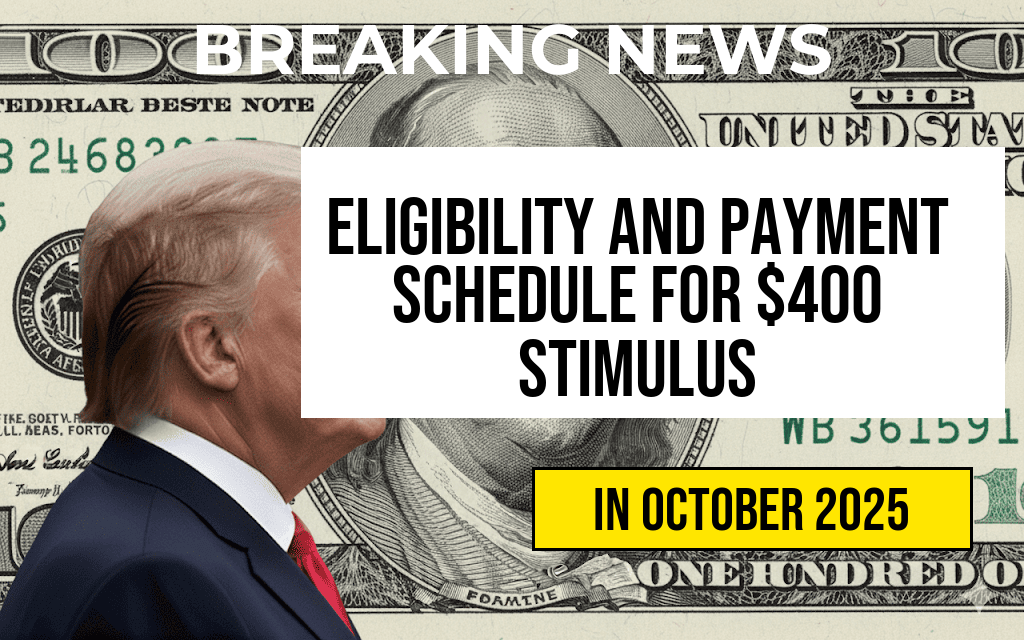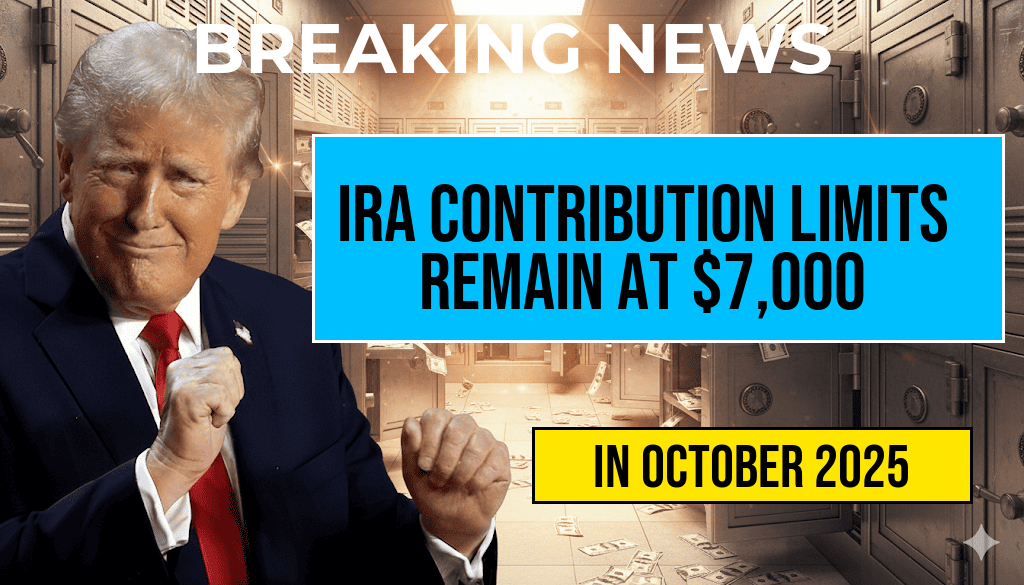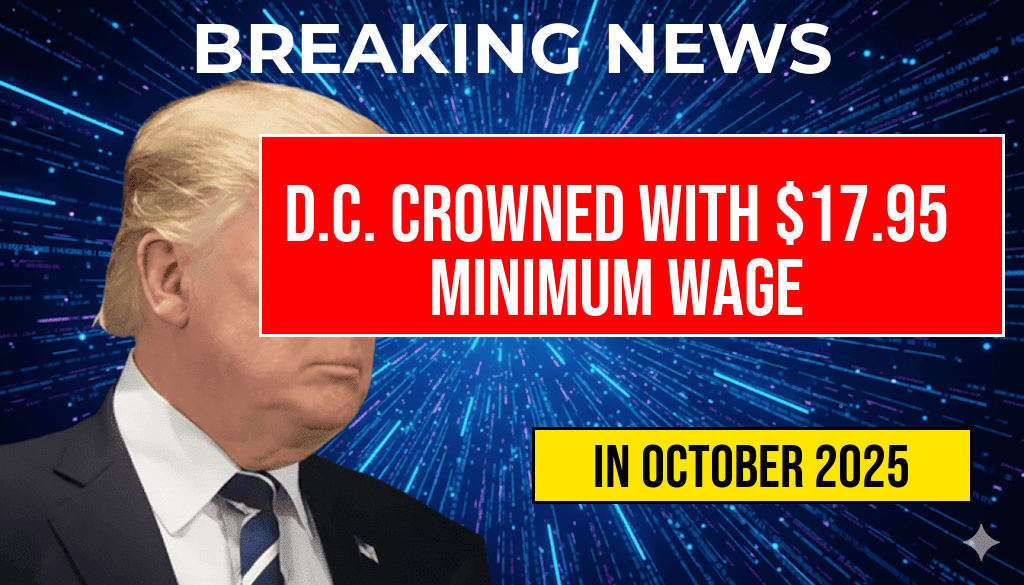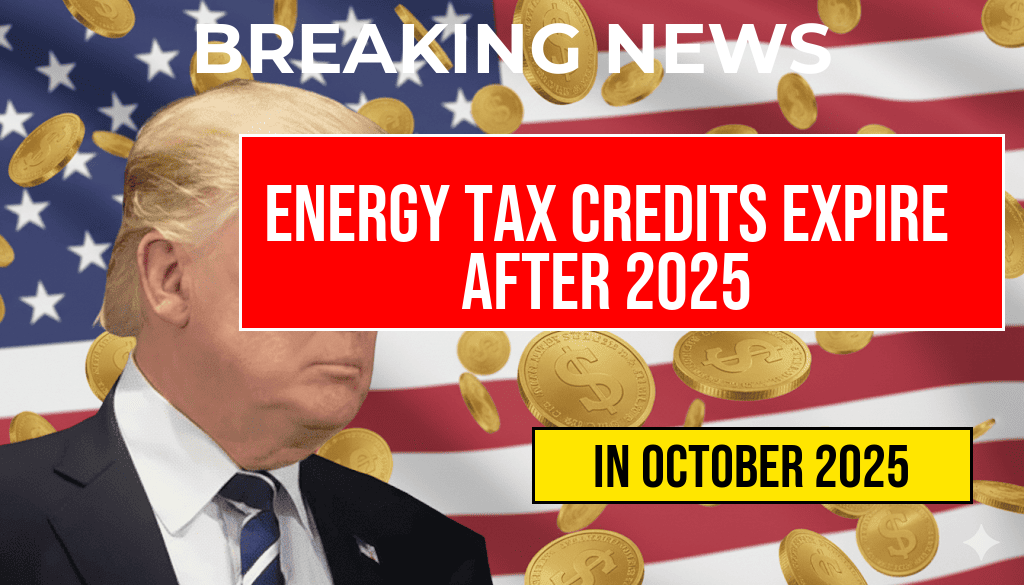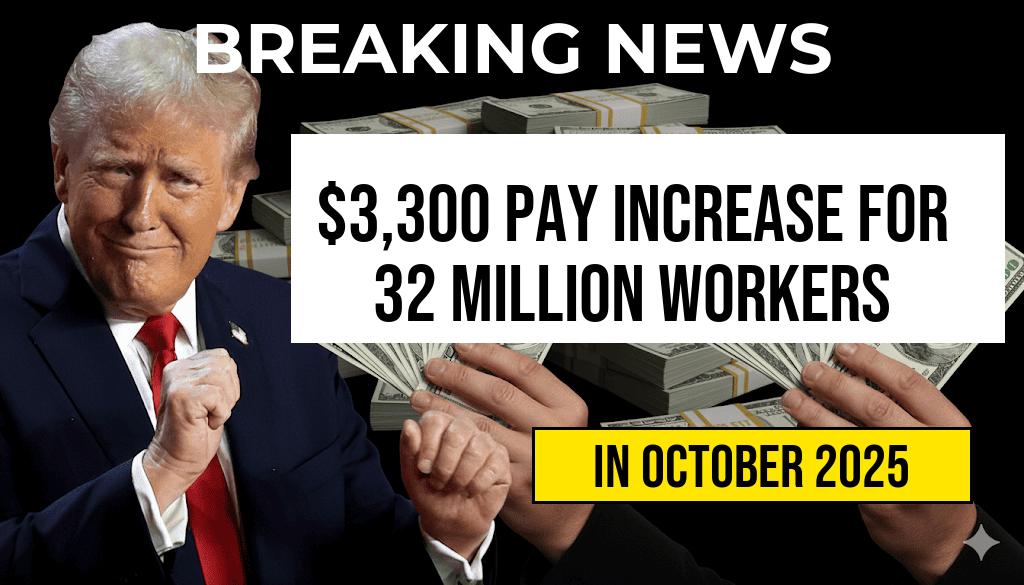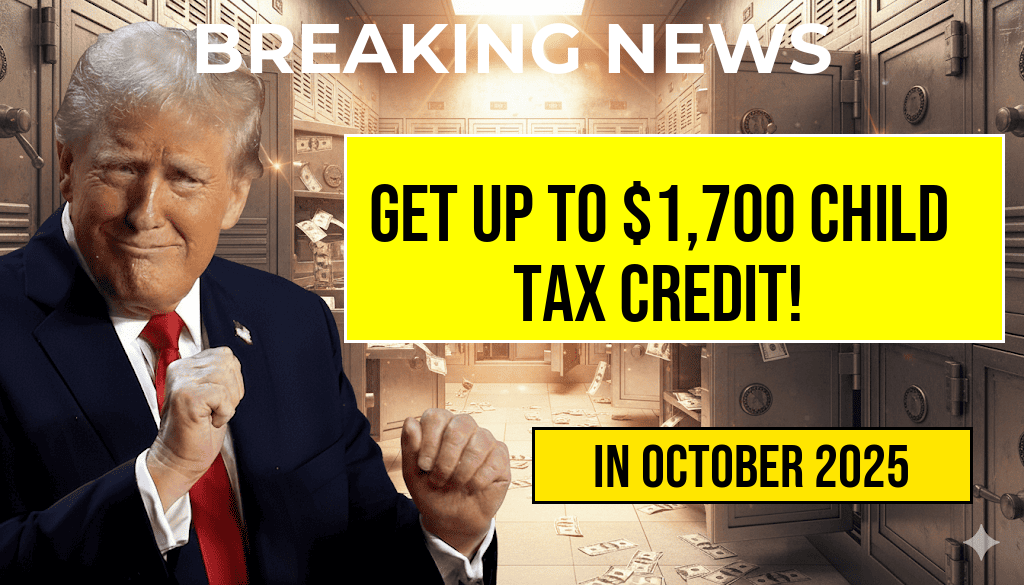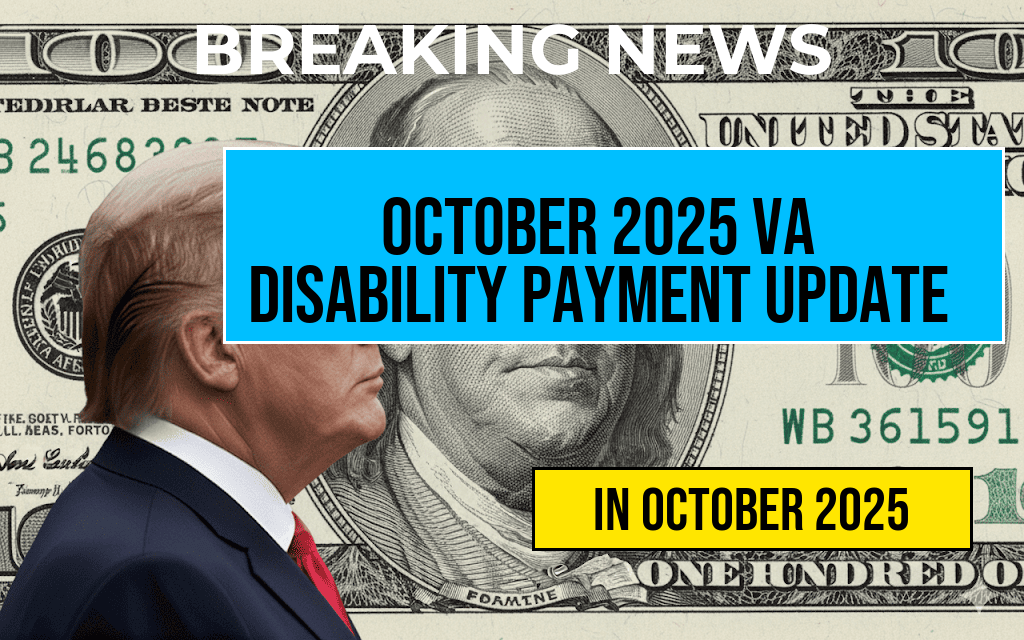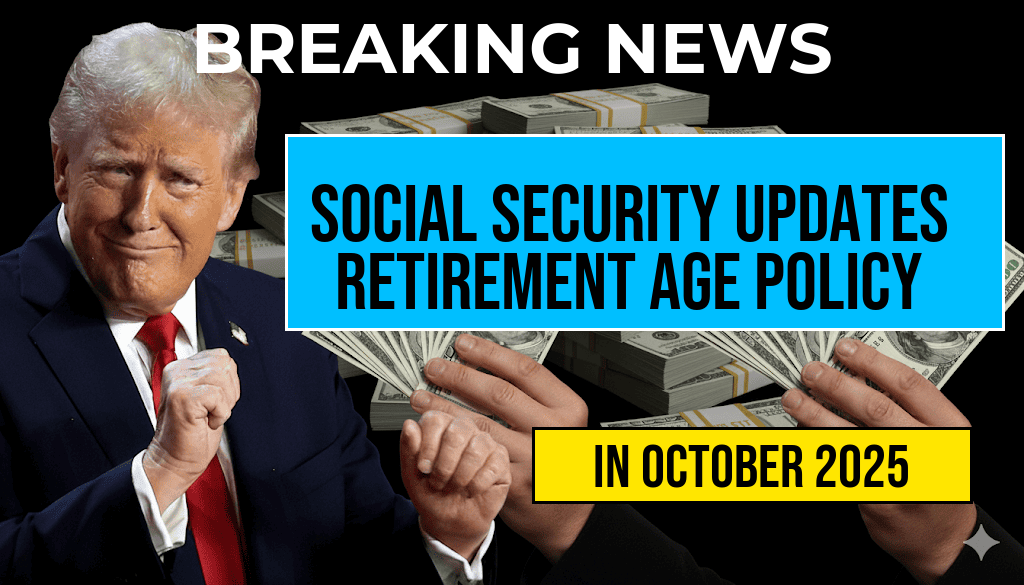As the renewable energy landscape continues to evolve, residential energy tax credits are set to expire after 2025, raising significant concerns among homeowners and green energy advocates. These federal incentives, designed to encourage the adoption of sustainable energy solutions, have played a crucial role in increasing the use of solar panels, energy-efficient appliances, and other environmentally friendly technologies. With the looming expiration date, many are questioning the future of green energy initiatives and the potential impact on the market. As awareness grows regarding climate change and the need for sustainable practices, the end of these tax credits may deter homeowners from investing in clean energy solutions, ultimately affecting the broader goal of reducing carbon emissions.
Understanding Residential Energy Tax Credits
Residential energy tax credits allow homeowners to deduct a portion of the cost of specific energy-efficient upgrades from their federal taxes. These credits are primarily available for:
- Solar energy systems, including solar panels and solar water heaters
- Geothermal heat pumps
- Small wind turbines
- Energy-efficient windows, doors, and skylights
- Insulation, roofs, and heating and cooling systems that meet certain energy efficiency standards
These incentives have been instrumental in making renewable energy technologies more accessible and affordable for the average American homeowner. According to the Solar Energy Industries Association, the solar industry has grown exponentially over the past decade, in part due to these tax credits.
The Impact of Expiration
The expiration of these tax credits poses several challenges. Without the financial incentive, many homeowners may reconsider investing in energy-efficient upgrades, leading to a potential slowdown in the adoption of renewable energy technologies. This slowdown could have broader implications for the U.S. government’s climate goals, as residential energy consumption accounts for a significant portion of greenhouse gas emissions.
Market Reactions
Reactions from industry stakeholders have been mixed. Some organizations advocate for the extension of these credits, arguing that they are vital for maintaining momentum in the green energy sector. Others suggest that the market may find ways to thrive independently of government support. For instance, advancements in technology could lead to lower costs, making solar and other energy-efficient solutions more attractive even without tax incentives.
Potential Alternatives
As the expiration date approaches, homeowners and industry experts are exploring potential alternatives to offset the loss of tax credits. Some of these include:
- State and Local Incentives: Many states and municipalities offer their own incentives for renewable energy installations, which may help fill the gap left by federal credits.
- Financing Options: Innovative financing solutions, such as Property Assessed Clean Energy (PACE) programs, allow homeowners to finance energy efficiency upgrades through property taxes.
- Community Solar Projects: These initiatives enable homeowners to invest in shared solar systems, providing access to solar energy without the need for individual installations.
Advocacy for Extension
Numerous advocacy groups and environmental organizations are rallying for the extension of residential energy tax credits beyond 2025. They argue that maintaining these incentives is essential for meeting the U.S. climate goals set forth in international agreements like the Paris Accord. According to the Natural Resources Defense Council, extending these credits could significantly increase the number of homes powered by renewable energy, thereby reducing overall carbon emissions.
Looking Ahead
As the deadline approaches, homeowners are encouraged to consider their energy options and take advantage of the existing incentives while they last. Whether investing in solar panels, upgrading insulation, or installing energy-efficient windows, now may be the time to make these changes. The potential loss of tax credits could lead to higher initial costs, making it imperative for homeowners to act swiftly.
With the future of residential energy tax credits uncertain, the green energy sector faces a pivotal moment. As advocates push for an extension, the conversation surrounding renewable energy incentives will likely remain a focal point in upcoming legislative sessions. Homeowners and industry experts alike are watching closely to see how this situation unfolds, with the hope that positive change will continue to drive the adoption of sustainable practices across the nation.
Frequently Asked Questions
What are the Residential Energy Tax Credits?
The Residential Energy Tax Credits are incentives offered by the government to encourage homeowners to invest in energy-efficient upgrades and renewable energy systems, such as solar panels, energy-efficient windows, and insulation.
Why are the Residential Energy Tax Credits set to expire after 2025?
The expiration of the Residential Energy Tax Credits after 2025 is part of a broader policy decision aimed at transitioning to a more sustainable energy economy. As the government reviews its green energy initiatives, these credits are being phased out to encourage self-sufficiency in the market.
What types of improvements qualify for the Residential Energy Tax Credits?
Improvements that typically qualify for the Residential Energy Tax Credits include the installation of solar energy systems, geothermal heat pumps, energy-efficient windows, roofs, and insulation, among others that meet specific efficiency standards.
How can homeowners take advantage of the Residential Energy Tax Credits before they expire?
Homeowners can take advantage of the Residential Energy Tax Credits by planning and completing their energy-efficient upgrades before the end of 2025. This involves researching eligible improvements, obtaining necessary permits, and ensuring installations meet the required standards.
What will happen to green energy incentives after 2025?
After 2025, while the specific Residential Energy Tax Credits will expire, other forms of incentives may still exist. Homeowners may need to look for state or local programs, utility rebates, or other financial assistance options to help offset the cost of green energy investments.

